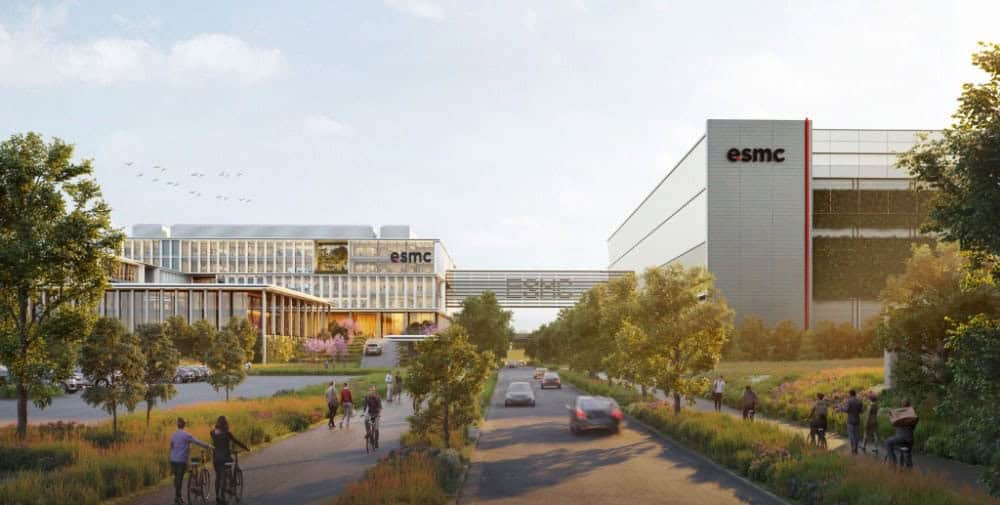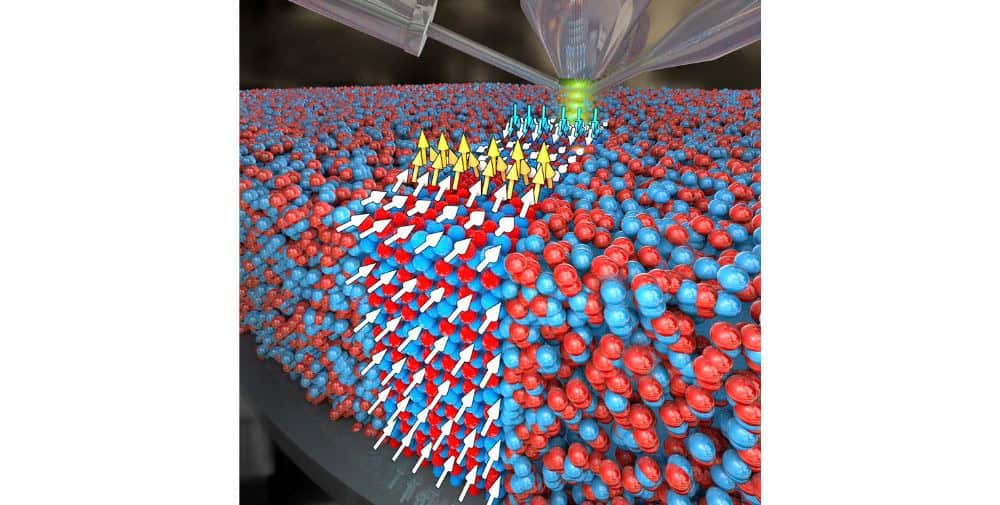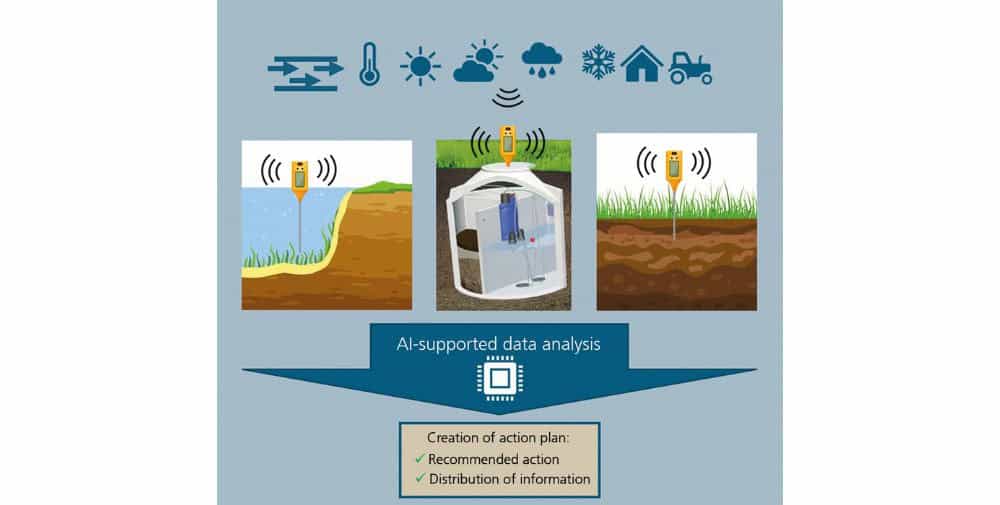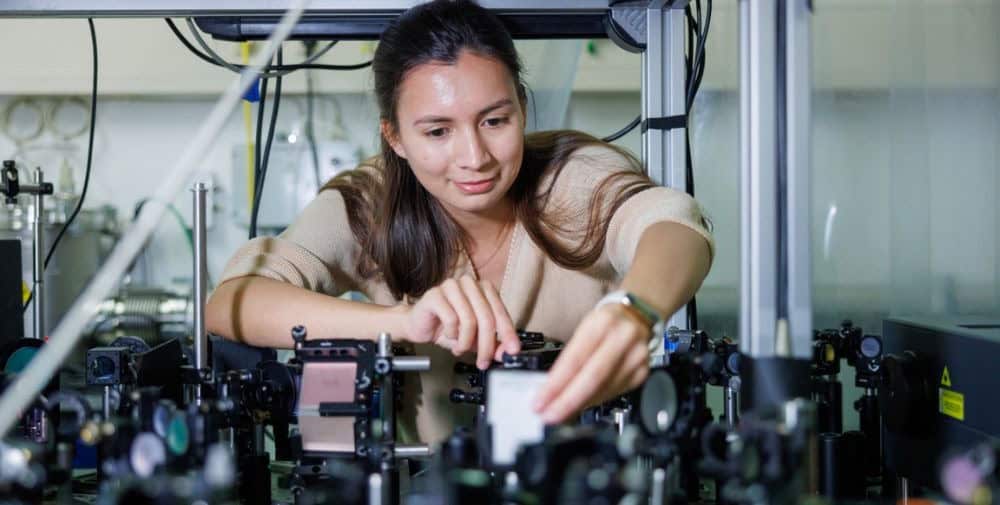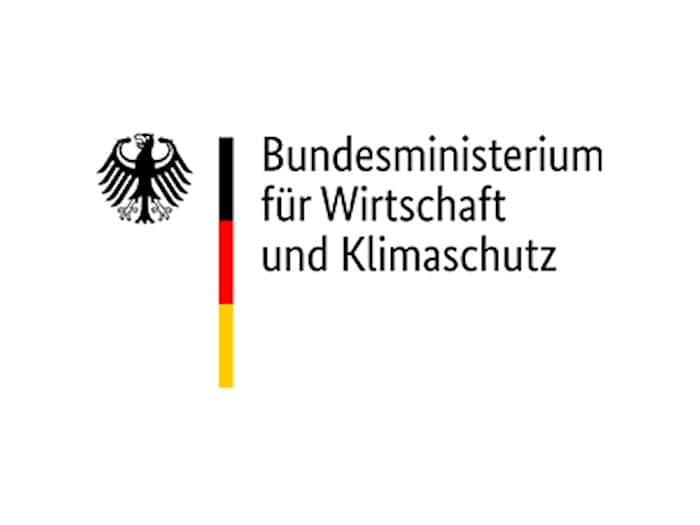
Federal Minister for Economic Affairs and Climate Protection Robert Habeck: “The investment is an important milestone for Germany as a location for industry and technology. I am extremely pleased that we can give the go-ahead for the investment in the ESMC chip factory today. It will create jobs, added value and innovation. It will make us more competitive, more independent of the global market and a sustainable, long-term investment in our digital future. The fact that TSMC, as a highly innovative global market leader in chip contract manufacturing, and leading semiconductor companies such as Bosch, Infineon and NXP are investing here together clearly shows that Germany offers attractive and reliable framework conditions for investments in key technologies such as microelectronics. The investment also underlines the close economic partnership between Germany and Taiwan.”
The BMWK will be funding the project over the next few years as part of the European Chip Act – payments will be made depending on the progress of the project. The ESMC chip factory is the first German project to receive state aid approval from the European Commission and national approval under the European Chips Act. With an investment volume of more than ten billion euros, the project is currently also the highest-investment project of its kind under the European Chips Act in the European Union.
The ESMC chip factory will strategically strengthen the important domestic chip production and contribute to the resilience of chip supply in Germany and Europe as well as in sectors central to Germany. Secure and reliable access to semiconductor chips is an important prerequisite for securing the value creation, innovative strength and competitiveness of the German and European economy. In line with the European Union, it is the aim of the German government to strengthen the capabilities and capacities for the key technology of semiconductors for the future. With the investment in Dresden, TSMC, the world’s leading contract manufacturer for semiconductor chips, is coming to Europe for the first time with a chip factory.
Dr. C.C. Wei, Chairman and CEO of TSMC:
“The official announcement of the go-ahead for the joint investment in the construction and operation of our state-of-the-art chip factory in Dresden marks an important milestone in strengthening the European semiconductor ecosystem. Together with our partners Bosch, Infineon and NXP, our Dresden plant will meet the semiconductor needs of our European customers and partners. Our heartfelt thanks go to the German government for their continued support. We are confident that ESMC (European Semiconductor Manufacturing Company) will play a crucial role in supporting the global semiconductor market.”
TSMC has experienced semiconductor companies from Germany and Europe on its side for the relocation. The four companies have founded the European Semiconductor Manufacturing Company as a joint venture to implement the project.
Dr. Stefan Hartung, Chairman of the Board of Management of Robert Bosch GmbH:
“Semiconductors are not only a key success factor for Bosch. Their reliable availability is also of great importance for the success of the global automotive industry. In addition to the continuous expansion of our own production facilities, we continue to secure our supply chains as an automotive supplier through close cooperation with our partners. With TSMC, we are delighted to have gained a global innovation leader to strengthen the semiconductor ecosystem in the immediate vicinity of our semiconductor plant in Dresden.”
Jochen Hanebeck, CEO of Infineon Technologies AG:
“Our joint investment is an important milestone in strengthening the European semiconductor ecosystem. Dresden, where Infineon’s largest front-end site is already located, is thus further expanding its position as one of the most important semiconductor centers in the world. Infineon will use the new capacity to serve the growing demand of its European customers in particular – especially in the automotive and IoT sectors. Only with modern semiconductor solutions will we be able to meet the global challenges of decarbonization and digitalization.”
Kurt Sievers, President and CEO of NXP Semiconductors:
“NXP welcomes this important milestone to improve supply chain resilience and strengthen innovation in Europe. We thank the Federal Republic of Germany, the Free State of Saxony and the European Union for their reliable commitment to strengthening the European semiconductor ecosystem. The construction of this new, highly relevant semiconductor foundry will unleash new innovation potential and provide much-needed production capacity for the digitalization and electrification of the automotive and industrial sectors.”
The ESMC (European Semiconductor Manufacturing Company) chip factory in Dresden:
Ray Chuang, CEO of ESMC:
“With ESMC’s state-of-the-art production facility in Dresden, we will bring TSMC’s innovative manufacturing methods to Europe. In line with our mission, we will build an environmentally friendly factory that utilizes both existing and innovative techniques to protect the environment. This includes energy-efficient construction, water recycling and achieving LEED certification”
Christian Koitzsch, President of ESMC:
“Dresden and the surrounding area is home to the largest microelectronics ecosystem in Europe, including companies, suppliers and educational institutions. We look forward to working with our strong local partners to further expand this semiconductor ecosystem in Silicon Saxony, in Germany and across Europe.”
The new chip factory in Dresden will manufacture technology nodes in the 12-28 nanometer range on 300 mm wafers, including for driver assistance systems and for controlling infotainment systems in vehicles, for industrial control of machines or for communication and network technologies. The planned production capacities will close a gap within the German and European chip industry and will amount to almost 500,000 wafers per year once full capacity has been reached. Among the future European customers, small and medium-sized companies and start-ups will be given preferential access to the production capacities. In crisis situations, ESMC will also make efforts to prioritize orders from the EU and Germany.
Up to 2,000 jobs are planned. This could indirectly create up to 11,000 additional jobs in the area surrounding the site and in the nationwide semiconductor ecosystem. In addition, upstream industries such as material and chemical manufacturers as well as logistics and service companies will benefit from this settlement. Collaborations between the chip factory and universities are already taking place across national borders, strengthening Germany’s technological expertise and opening up great opportunities for innovation. This is a decisive step towards accelerating the digital transformation.
On the European Chips Act:
With the European Chips Act, the EU has created the legal basis for bringing more semiconductor production to Europe. Increasing production capacities in Europe is a key objective of the European Chips Act.
The European Commission’s goal is to increase Europe’s share of global semiconductor production to 20 percent by 2030. With its own capacities for the development and production of semiconductor technologies, dependencies are to be reduced and security of supply and competitiveness strengthened. The German government shares these goals. The package of measures came into force in September 2023.
– – – – – –
Further links
👉 www.bmwk.de
Photo: ESMC
